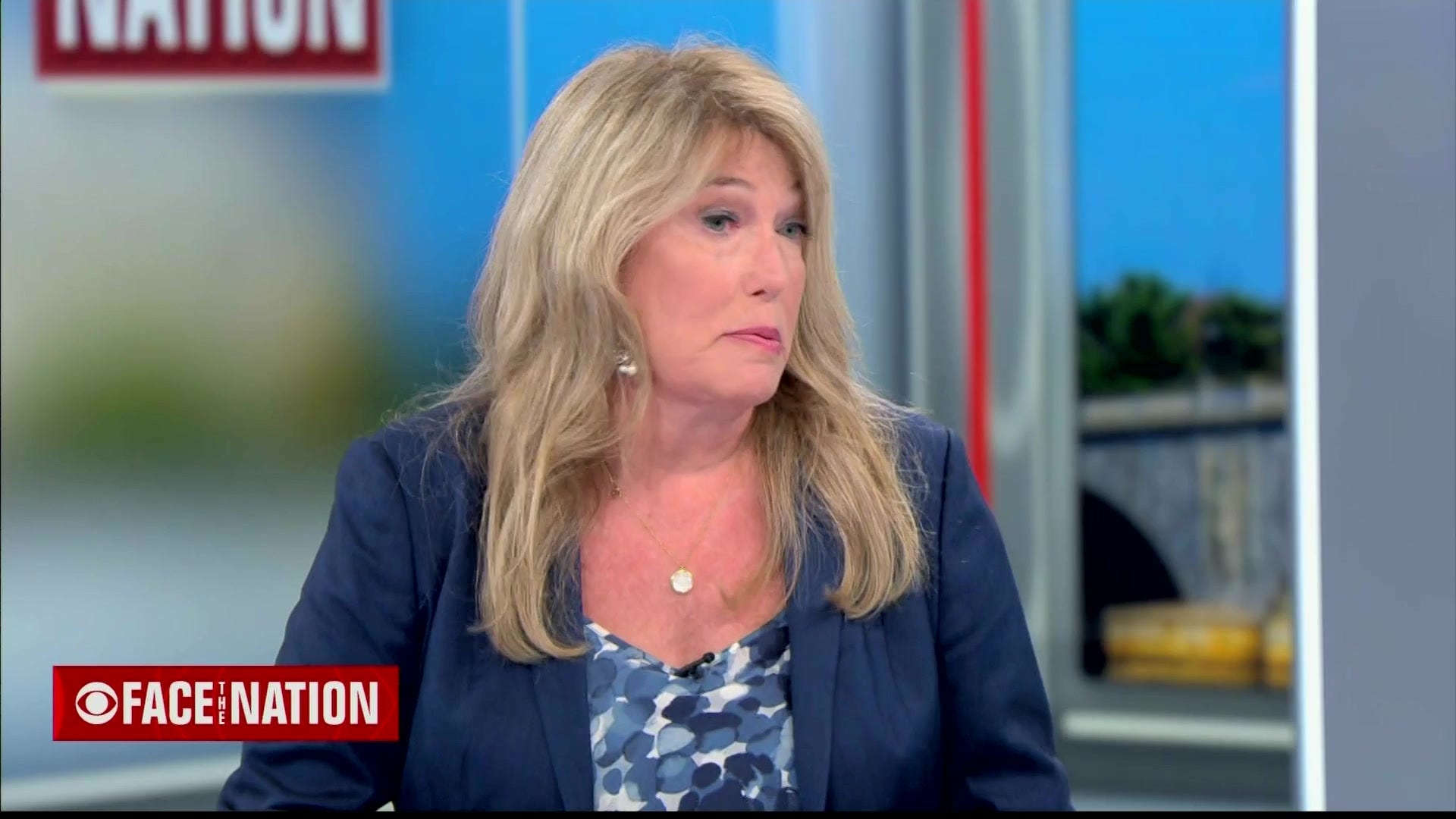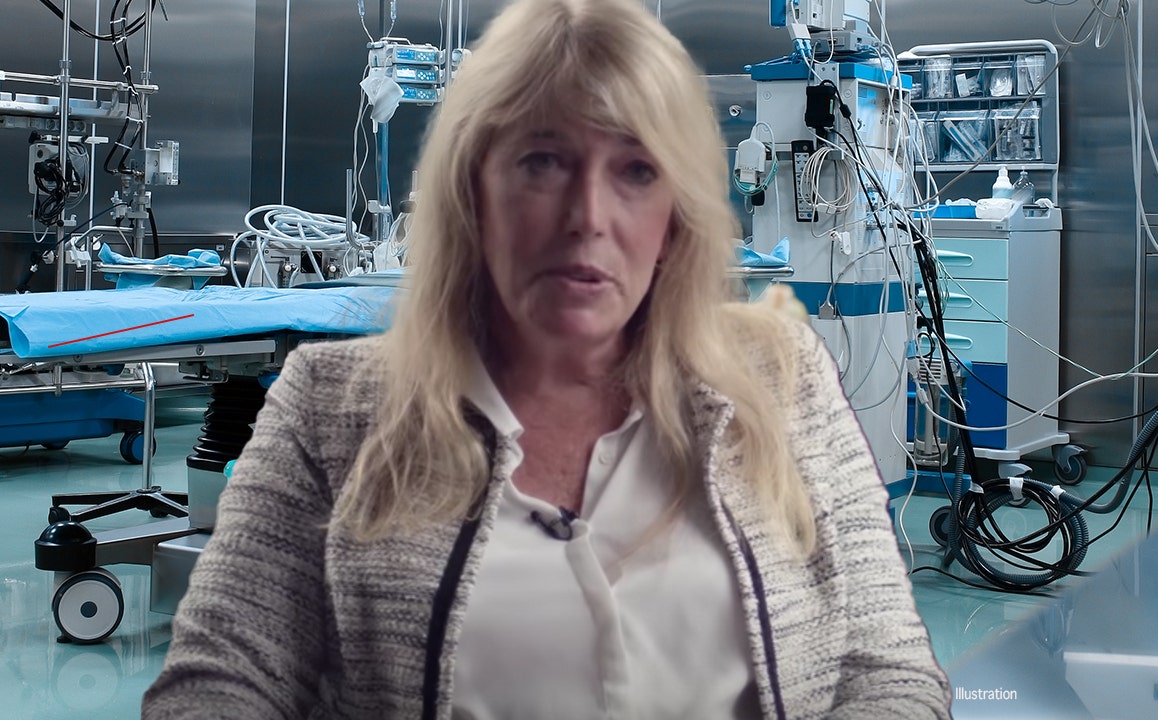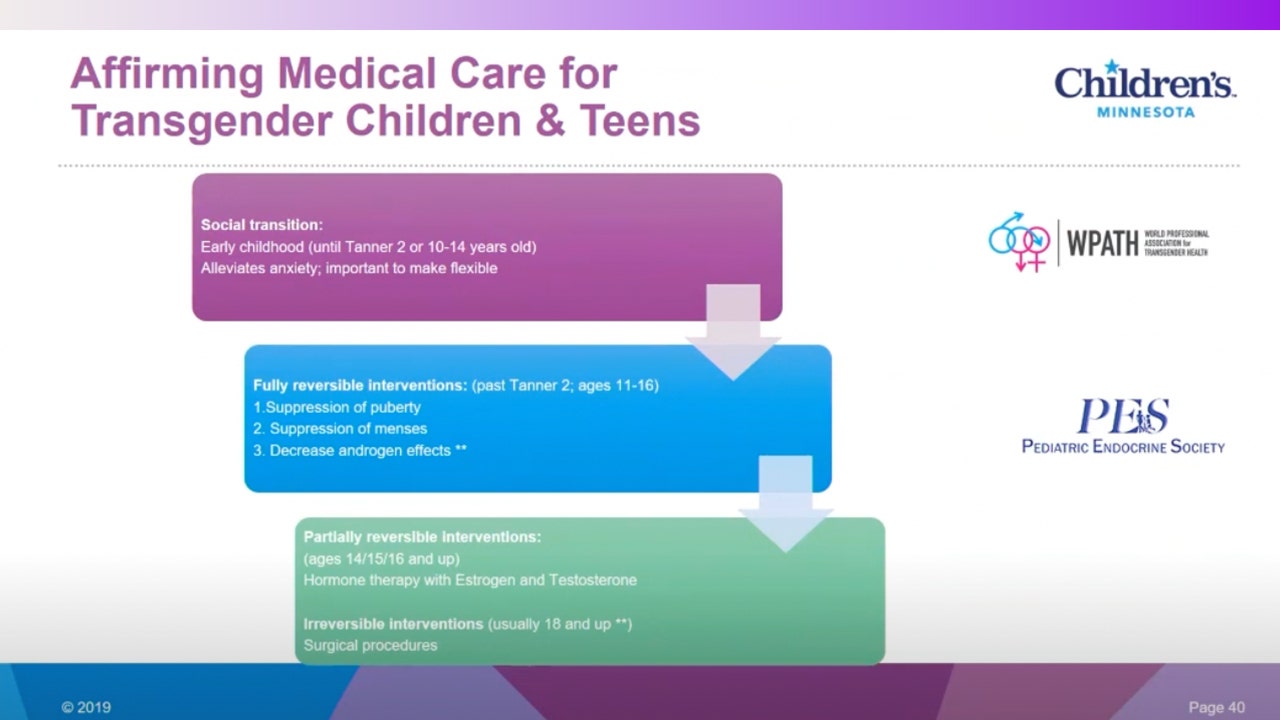Genital surgeon flip flops on 'castration' drug for trans kids, now praises them as 'beneficial'
Dr. Bowers once said, 'Every single child who was or adolescent who [used blockers early] has never experienced orgasm. I mean, it's really about zero'
WPATH's president, Dr. Marci Bowers, switches course on puberty blockers
Dr. Marci Bowers, the president of the World Professional Association of Transgender Health, calls puberty blockers 'beneficial' despite previously warning about the potential to cause sexual dysfunction.
Genital surgeon Dr. Marci Bowers has drastically reversed course on the safety of sex change drugs on minors, calling it "beneficial" Sunday, after previously warning she observed it causing damage to a child's sexual functioning.
Bowers, the president of the World Professional Association of Transgender Health – which sets standards of care –, was specifically asked about the effects of blockers in the pediatric population on CBS's "Face the Nation."
"How much research is there into the effects of puberty blockers and hormone treatments of people in this age group?" CBS host Margret Brennan asked.
Bowers avoided addressing the question on the effects for kids and instead referred to research on the adult transgender population. However, Bowers acknowledged the highest quality of evidence in medicine – called Level 1 – for using puberty blockers, or gonadotropin-releasing hormone analogues (GnRHa), in kids with gender dysphoria is scant.

Dr. Marci Bowers discusses puberty blockers being used in the pediatric population on Sunday's "Face the Nation."
"We have decades of experience with [adult] trans treatment overall. And that shows unequivocally that treatment is beneficial. But in this age group… we're seeing certainly very high levels of satisfaction, improved self-esteem and reduced suicidality. So they seem similar to what we've already witnessed in adult population," she said.
GnRH is commonly used to chemically castrate individuals with prostate cancer. Countries like Sweden, Finland and the UK have distanced themselves from its use in children with gender dysphoria as a standard of care.
"What we call GnRH treatment is chemical castration. And it can affect mental health in an unintended, undesirable way," said Dr. Ricard Nergårdh, a pediatric endocrinologist at the Karolinska Institute. "I'm very worried about it, and I think I'm not alone in that."

Dr. Ricard Nergårdh warns about the effects of using puberty blockers, calling it ‘castration.’ (STV/screenshot)
Proponents of chemical sex changes for children claim blockers are reversible and that normal puberty will resume once the drugs are stopped. However, Bowers has previously said that puberty blockers can inhibit sexual functioning.
"Every single child who was or adolescent who was truly blocked at Tanner Stage 2 has never experienced orgasm. I mean, it's really about zero," said Dr. Bowers in 2021.
Bowers is a trained gynecologist who has performed thousands of genital surgeries for transgender patients.
"I had concerns about initiating hormone blockers for children because it affected their surgical results that might affect how they respond sexually," she said. "And I got a lot of backlash on the left, also from people who felt like I was abandoning the cause."
Such was the case for one of Bowers' patients who was put on puberty blockers, Jazz Jennings, a minor at the time of the first procedure. The penis Bowers operated on "was the size and sexual maturity of an 11-year-old’s" and required a graft from her stomach lining, according to the Free Press.

Dr. Marci Bowers of WPATH (Fox News Digital | Youtube/Screenshot)
Bowers, as the president of WPATH, sets standards for trans care for children and adults which are observed by leading providers, including the U.S. Department of Defense and gender clinics across the U.S. – such as Boston Children's Hospital. WPATH is also frequently cited by the Centers for Disease Control and Prevention. Under the doctor's watch, WPATH has geared up to soften age limits on surgeries and hormones.
Since joining the group, Bowers has glossed over the links between GnRH and potential for serious side effects on numerous occasions.
The FDA has not approved it as treatment of gender dysphoria, and found a "plausible association" between GnRH and a condition that can cause brain swelling.

Gender pipeline shows sample plan of treatment at Children's Minnesota. (Children's Minnesota)
A systemic review of medical literature from a top Swedish medical institution, which excluded studies with a high level of bias, found that GnRH can cause issues with bone mineral density – leading to osteoporosis.
CLICK HERE TO GET THE FOX NEWS APP
Bowers did not immediately respond to a request for comment.
She previuosly told Fox News DIgital, "My view of puberty blockers has never wavered— they are safe and reversible. Medicine to delay puberty can be a helpful tool to give adolescents, their families and their health care providers time to understand a transgender young person's specific needs and develop a plan for health care."

Dr. Marci Bowers says puberty blockers are beneficial for children. (Fox News Digital | Getty)
"Puberty blockers are in general a positive and important part of care for gender-diverse adolescents. Medical science is constantly evolving, so WPATH regularly reviews and updates Standards of Care to ensure they reflect the latest science and medical research," she added.

